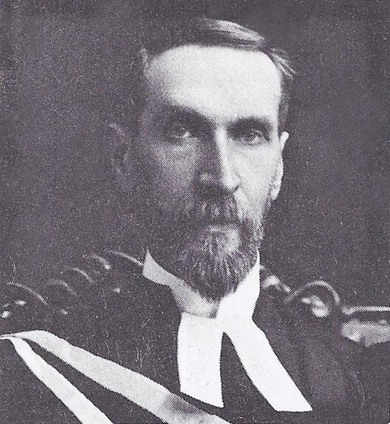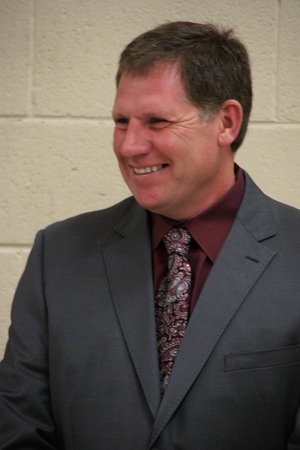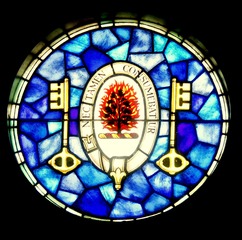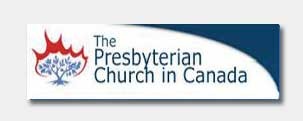
Dr. Torrance, a native of Montreal was a brilliant student who graduated from McGill University at the age of 18 with a B.A. degree, afterward obtaining his M.A. His study of theology, partly in Montreal and part in Edinburgh, Scotland, culminated in his serving as pulpit supply during vacancies and other emergencies in several congregations of the Church, with quite tempting offers from vacant pastorates.
In the spring of 1875, when only 23, he accepted an invitation to preach in St. Paul's, which resulted in a call to become its minister in May 1876. Acceptance was followed by ordination by the Presbytery of Peterborough and induction into the pastorate of St. Paul’s, with his first service the first Sunday in July. Thus began his real work as a pastor of a large, growing and important congregation.
During his thirty-one years as its teaching elder, the congregation made rapid strides; church membership of 369 at the beginning of his ministry, had reached almost 800 at its close. Honours to Dr. Torrance during his tenure included being chosen as Moderator of the Synod of Toronto, and in 1894, his scholarship, ability and faithful service were recognized by Knox College in conferring on him the degree of Doctor of Divinity.
In his time at St. Paul's, extension work in the Auburn District was attempted, and the growing need for extra service to the South End Presbyterians became a pressing problem. A branch Sunday School was opened in 1903 in the latter area, with church services commencing the following year. In 1907, this congregation became an independent charge, the initial establishment of the church we know as Knox United.
Some assistance for Dr. Torrance, first commenced in 1901, witnessed no less than six ministerial assistants over a six year period. The one year term of Rev. George Yuill was followed by the Rev. James Wilson, who remained for 18 months. The Rev. Beverley Kitchen stayed for only six months, and was replaced by Rev. W. A. Mackay who departed after one year. The last one, Rev. Alfred Bright, also remained for one year until April 1907.
In that year, an element of dissatisfaction in the congregation it seems, initiated a referendum, but what the vote revealed is not recorded. However, its net effect was that Dr. Torrance, ever sensitive to his duty to his people and himself, decided that the wisest course was to sever his connection with St. Paul's. He resigned forthwith and the resignation was reluctantly accepted. In July 1907, his ministry came to an end, his one and only pastorate.
At, this point he retired to Kingston to live with his wife, the former Miss Helen G. Dennistoun of Peterborough, and their three children. While not serving in the regular ministry, he continued to serve his Master and the Church with numerous opportunities for the exercise of his gifts in the way of occasional special services and pulpit supply. After a brief illness, he passed away peacefully on 12 July 1925, and at his own request was interred in Little Lake Cemetery, where reposed the mortal remains of so many of his loved companions and close associates in his work here. The funeral service was held in St. Paul's.
Any appraisal of the life and work of Dr. Torrance must be based on what this kindly, sympathetic, refined and scholarly man accomplished as minister of St. Paul's, his first and only charge, and to wh1ch he gave practically the whole of his effective working life. “Studious and thoughtful, his preaching was of the type that instructed, enlightened, edified and convinced, rather than appealing to passing popular fancy or emotion. After 31 years of strenuous and unstinting service, he retired into comparative obscurity, his life’s work done.”







